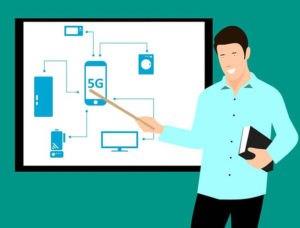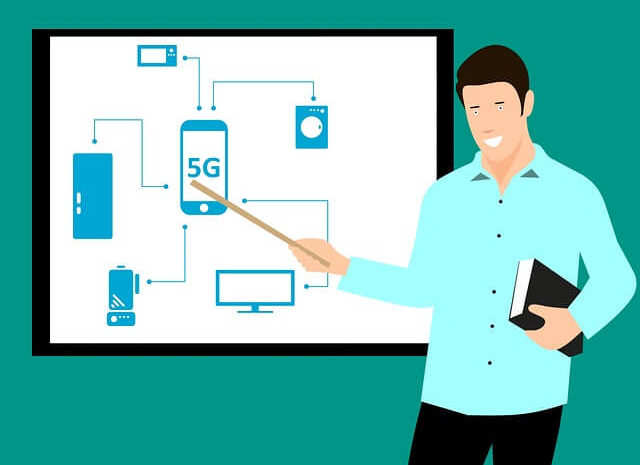Will 5G become the catalyst for sports betting in the US? Part II
For several telecommunications firms, 2020 is a transition year, including proposals to carry out 5G broadband service networks that will revolutionize the functionality of mobile technology. Applications that link to such mobile networks would be much more powerful; the expanded reach of 5G, which is far more important than a mere step-up from current 4G networks, would promote the creation of innovative goods and services. Furthermore, this expanded reach would be the product of two significant enhancements to efficiency. The first is a huge improvement in capacity, allowing more users to reach internet networks and operate software that allows more resources to function effectively. The second is a significant reduction in latency; dramatically improved performance allows web page loading and connectivity nearly immediate, and real-time streaming feasible. So, who does data transforming from 4G to 5G will make an impact on US sports betting?

The first one who will benefit from this will be in-play betting. In the United Kingdom, 70% of sports betting wagers are taken after the action has begun. Given the reality that sporting competitions such as NFL and baseball are less free-flowing than European soccer, this trend for in-play gaming has not yet been repeated in the US. This might improve with the introduction of 5G. In our new iGaming research survey, 25% of existing and prospective future US sports betting firms told us that they will definitely put further in-play bets after 5 G deployment, and another 10% stated they were not acquainted with existing in-play bets but would consider placing those bets in the future.
US gamblers have low acceptance might be due to several reasons. 20% of the players are worried about their smart mobile access, 19% fear that they are not equipped with enough data to place a bet, and 18% are worried that they may not be able to position their bets on time. Vastly enhanced bandwidth, zero latency, and the potential to exploit both transmitting and receiving expanded data volumes could resolve these issues.
Another field where 5G will have a significant effect on the sports betting business is betting when watching live sporting events. Connectivity problems have a significant effect on players’ present ability to make bets when watching sporting activities, but improved capacity and availability of 5G will be a game-changer. 48% of sports betting players anticipate that it would become popular for viewers to be able to gamble on mobile devices easily when watching big sporting events such as the Super Bowl. It is critical for 33% of fans that stadiums are 5G-enabled to encourage in-play sports betting, whereas 38% of sports betting players are more inclined to position bets while they compete in games if they can.
Policy enabling the launch of 5 G has the ability to be a springboard for the widespread acceptance of sports betting in the US. The widespread popularity of playing fantasy sports and the performance of operators such as DraftKings and FanDuel in the US suggest that providing players the ability to bet on individual events by enhanced in-play betting experience that prove to be incredibly common with fans. The pervasive success of fanciful sports payouts and the output of operators such as DraftKings and FanDuel in the US indicate that an improved in-play betting experience that appears to be extremely normal among fans provides participants with the opportunity to gamble on actual events. The 5G broadband network not only offers sports betting companies the opportunity to deliver it in players’ houses, but also in public locations, like 100,000-seat stadiums.



